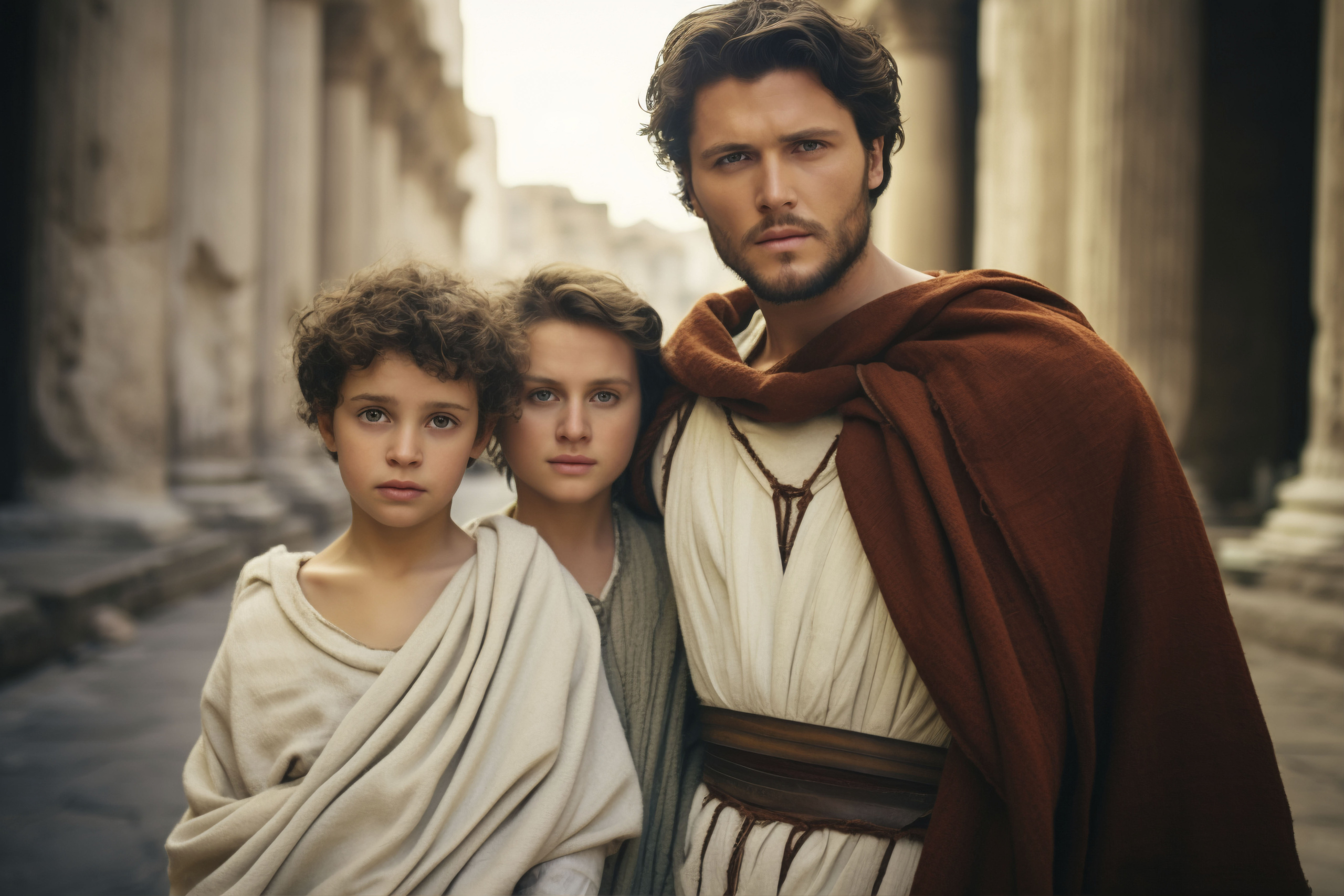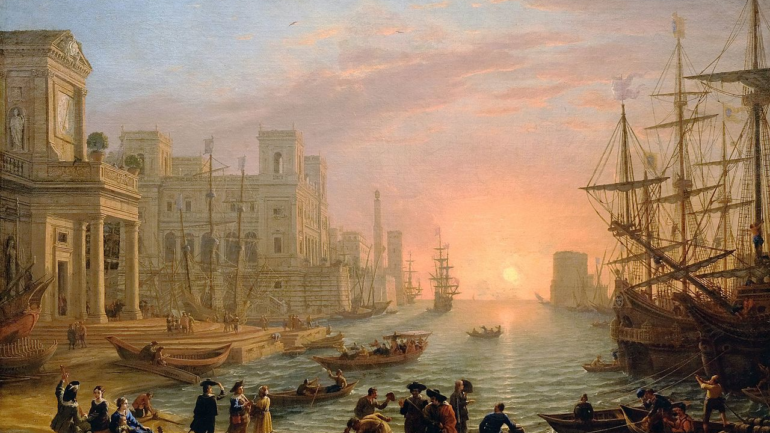Today, Let’s Talk About the Father and Uncle of the Renaissance: Petrarch and Boccaccio
Why is Petrarch called the father of the Renaissance? Because he was the first to explicitly introduce the concept of humanism. He dedicated a significant amount of time to studying ancient scholarship and distinctly referred to his philosophy as “the study of humanity” or “humanities,” to differentiate it from theology. Boccaccio, being younger than Petrarch, embodied humanist ideals through his critiques of religion in The Decameron, earning him the nickname “uncle of the Renaissance.”
The Father and Uncle of the Renaissance: Petrarch and Boccaccio
- Petrarch
Petrarch, an Italian scholar and poet, is celebrated as the “Father of the Renaissance” for being the first writer to formally articulate the concept of humanism. He devoted himself to studying classical culture and named his literary and academic philosophy “human studies” or “humanities” to set it apart from “theology.” - His Magnum Opus: Africa
Petrarch’s Africa narrates the story of Italians resisting Hannibal, the famed North African general and one of the “Four Great Ancient Commanders” (Alexander the Great, Napoleon, Julius Caesar, and Hannibal). This work brought Petrarch immense acclaim. Both Paris and Rome wanted to crown him Poet Laureate, and Petrarch ultimately chose Rome, officially earning recognition as a great poet. - Boccaccio
Boccaccio, hailing from Florence, was one of the Renaissance’s luminaries. Younger than Petrarch, he is affectionately referred to as the “uncle of the Renaissance.” Boccaccio contributed significantly to the revival of classical culture. He was the first to translate The Iliad into Latin, and he was also a devoted admirer of Dante. During his lectures at the University of Florence, Boccaccio focused extensively on The Divine Comedy. Interestingly, it was Boccaccio who added the word “Divine” to the title of the work. - The Decameron
Boccaccio’s masterpiece, The Decameron, was written against the backdrop of the Black Death (1347–1353). In the story, ten young people flee to the countryside to escape the plague and spend ten days narrating one story per person each day, resulting in a collection of 100 tales. These stories, rich with humor and satire, criticize the Church in a way distinct from Dante’s harsh depiction of sinners in hell, embodying a humanist critique filled with wit and human spirit. - A Humorous Critique of Religion in The Decameron
One tale humorously critiques religion: A Catholic urges a Jewish man to convert, claiming Catholicism is superior. The Jewish man decides to observe Catholicism firsthand and discovers rampant corruption and decadence in Rome. Despite this, he converts, reasoning: “If Catholicism has become so corrupt yet remains so powerful and accepted, Jesus must indeed be a great God.” - The Three Giants of Renaissance Literature
Dante, Petrarch, and Boccaccio are known as the three giants of Renaissance literature. Unlike medieval inspiration, which came from God and faith, their works drew upon the power of love. Petrarch, initially studying law under his father’s insistence, fell for a married woman. This unrequited love spurred him to write numerous poems, marking the start of his literary journey. Similarly, Boccaccio was inspired by his admiration for the Neapolitan king’s illegitimate daughter, whom he called his muse, “Little Flame,” even dedicating a poetry collection to her. This shift toward love as a source of inspiration epitomizes the Renaissance’s humanist spirit.
Bonus Tip
Learn a Common Italian Word: Prego
When traveling in Italy, you’ll often hear the word Prego. For example, when a waiter hands you something and you say “Thank you,” they’ll respond with Prego, meaning “You’re welcome.” If someone lets you go ahead, they might also say Prego. It’s a versatile word, and while “You’re welcome” is the closest translation, it feels more like an Italian version of “Mmm-hmm” in English—it just fits in a lot of situations!


